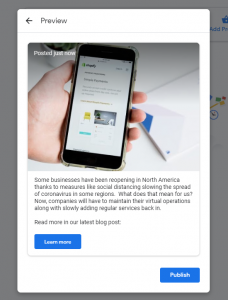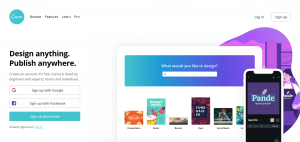Facebook’s relevance scores are now officially in effect and they’ll have a major impact on all your Facebook ads.
For those of you who are used to advertising through Google Adwords, the idea of a “relevance” score should sound very familiar. Basically, Facebook now evaluates new advertisements based on how well they are received by the audience from a scale of 1 to 10, with 10 being the highest possible score. According to the company blog post, “Relevance Score is calculated based on the positive and negative feedback we expect an ad to receive from its target audience.”
So what does this mean?
If Facebook thinks your ad is effective, relevant, and well targeted, you’ll receive a higher relevance score, which translates to a discount on your ad. In this industry, getting the absolute lowest cost-per-click is one of THE most important metrics. The better your ad is designed, the cheaper your ads, and (most importantly), the higher your ROI.
For marketers and advertisers, this update is fantastic news. Here’s why:
- This will help separate the good ads from the great ads. This makes it ideal for running different tests to see which combination of image, copy, and targeting is the most effective. You can also monitor your relevance score during campaigns. If the scores are starting to sag, it may be time to rethink your ad copy or image.
- This will give you more incentive to improve your ads. Is there something about the ad that people just don’t like? Under these new scores, there is a much more tangible penalty to having unpopular ads.
- It will reduce your bottom line. If your ads are relevant and popular, you’ll save money. It’s as simple as that.
(195)
Report Post





